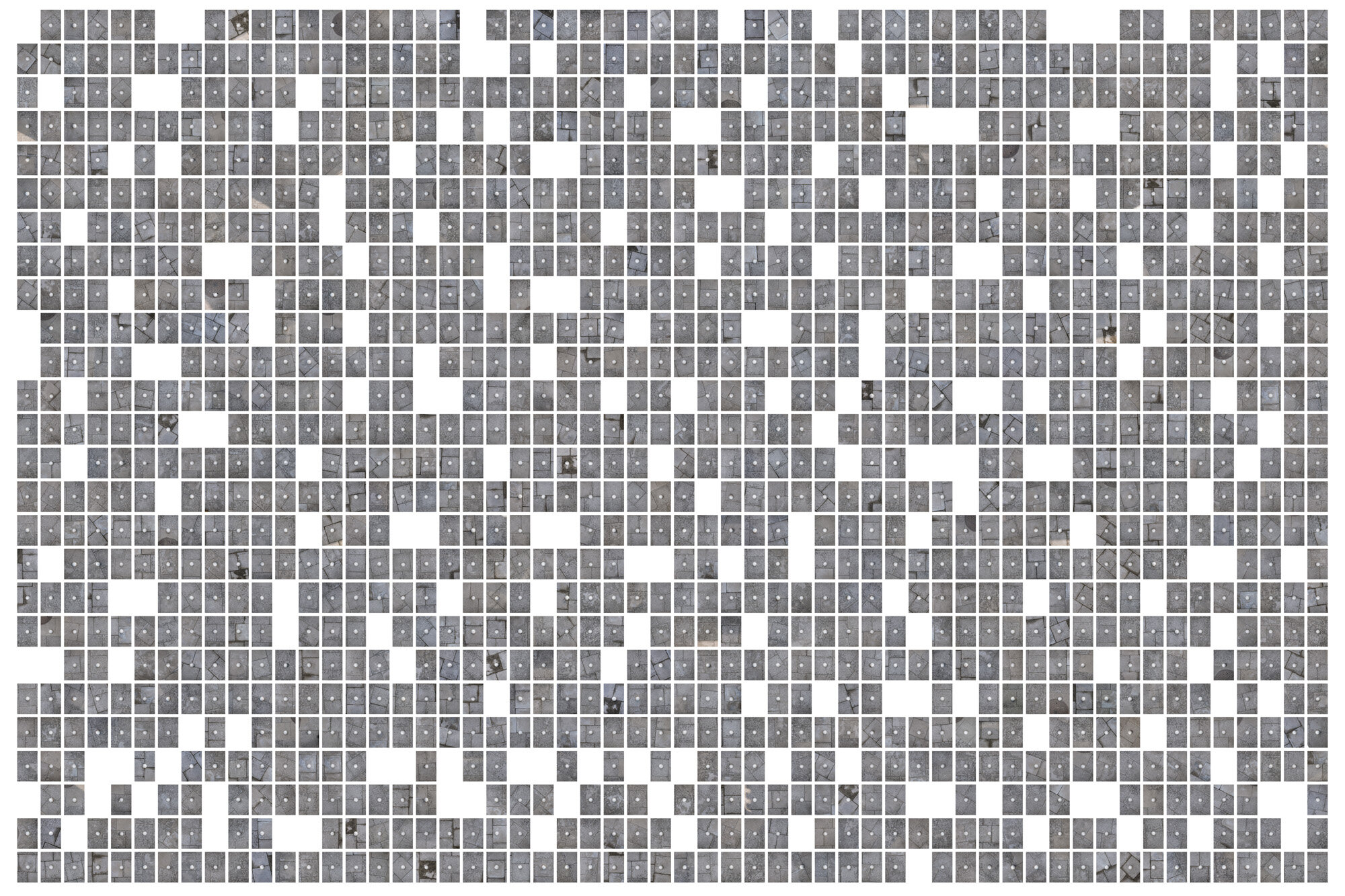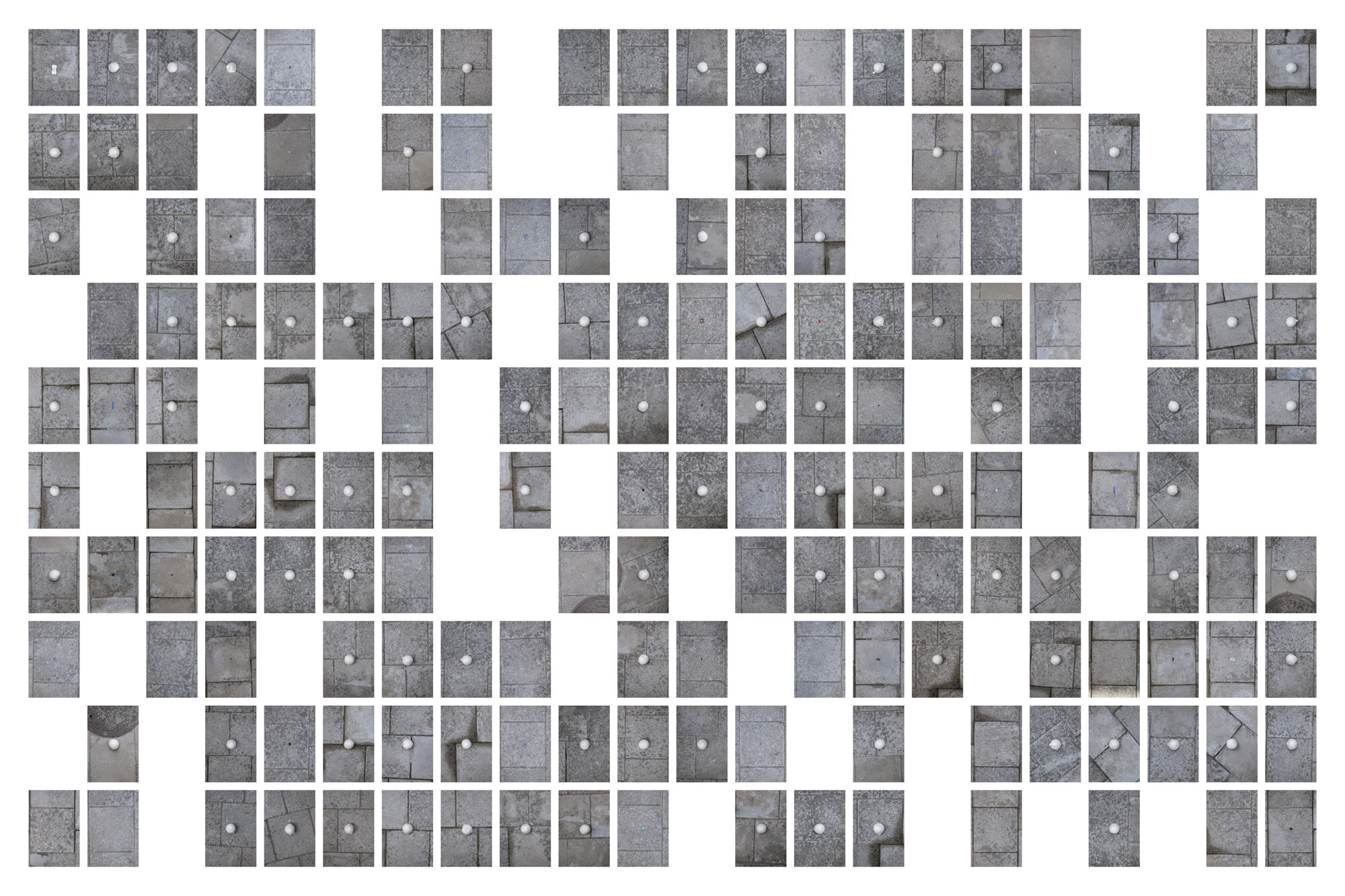Decentralized Value Systems
China | 2021
Equivalence – Decentralized Value Systems questions our perception of value in an economic construct where prices are an omnipresent determinant of demand and desirability.
In a world increasingly edging into virtuality, the purpose of money is redefined and desensitized. The essence of being countable, transferable, and able to store value need not be fulfilled only by material objects, not lest paper and metal. Worth has been transformed into derivatives stretching across time, distance, and electrical pulses. Digitalization of currency offers to resolve physical operating limits. And in the case of cryptocurrency, the challenge has been issued against centralized control of a predetermined supply.
The deliberate absence of conventional money forms in this work is marked by the commodification of mantous, a daily food staple in northern China. These plain steamed buns were purchased in 2020 from a local market in Beijing for 1 renminbi (0.15 USD) each. The history of the mantou can be traced back to a steamed bread form recorded some 2300 years ago during the period of the Warring States. Legend attributes the present name to military strategist Zhuge Liang (181-234 AD), who directed river-crossing troops to make large buns in the shape of human heads as offering to the river god.
The mantou becomes a measure of worth, surrounding other ready-made objects found in the vicinity of its existence. Participatory actors instantaneously cooperating and colliding in a system of exchange and guarantee that could threaten to overturn trust, dominance, and stability.



